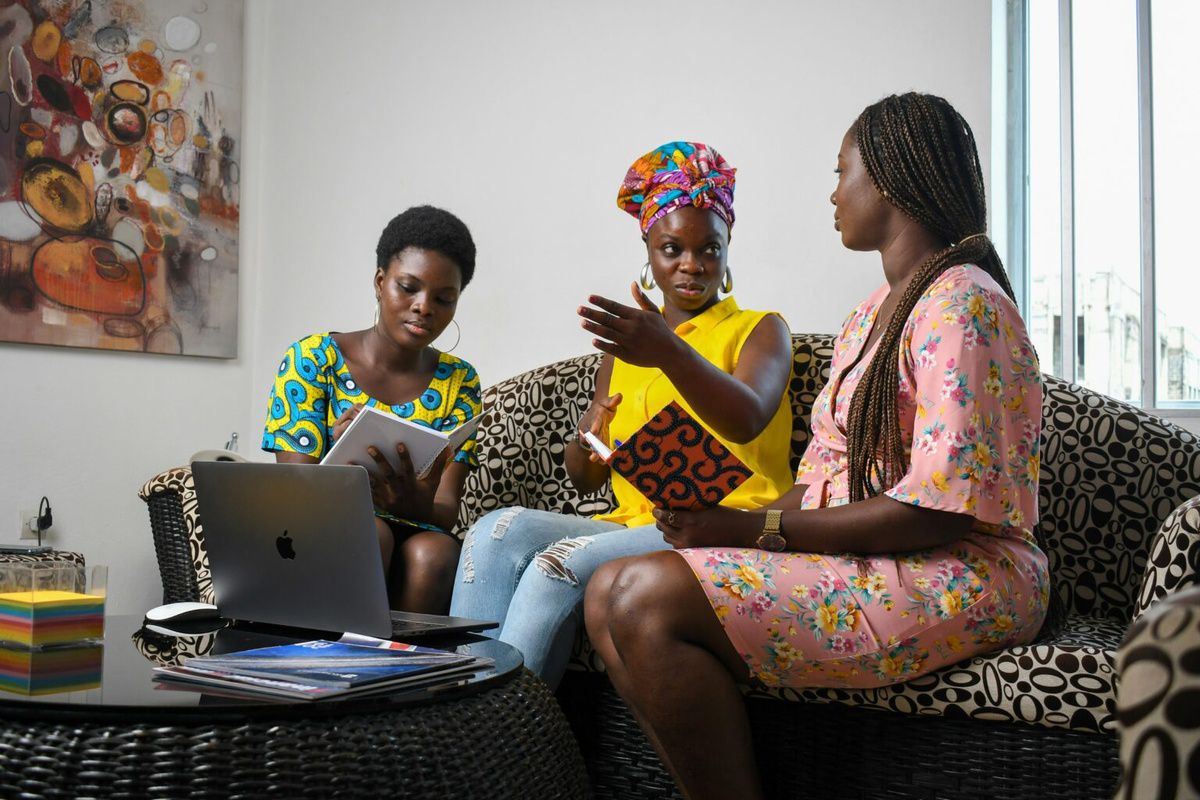DSO Or Die Trying: Why Nigeria Must Ditch The Past And Embrace A Digital Future By Tajudeen Adepetu
Background
In 2006, Nigeria joined the global mandate led by the International Telecommunication Union (ITU) to migrate from analogue to digital terrestrial broadcasting. The goal was clear: improve broadcast quality, free up spectrum, enable more channels, and unlock economic opportunities across the creative and tech industries.
By 2015, the Nigerian government approved a White Paper to guide the Digital Switch Over (DSO), with the National Broadcasting Commission (NBC) leading implementation. But what was meant to be a bold leap forward has since stalled—crippled by bureaucracy, outdated policy, resistance from entrenched interests, and a lack of political will.
Now, nearly two decades after that global mandate, Nigeria is still stuck in limbo—while other countries have fully embraced the digital broadcasting era. This isn’t just embarrassing. It’s economically dangerous.
It’s time for a hard reset. The DSO must move forward—not on nostalgia, but on today’s realities and tomorrow’s possibilities.
Nigeria’s Digital Switch Over (DSO): Time to Stop the Stalemate and Move Forward
Let’s be honest—Nigeria’s Digital Switch Over (DSO) project was meant to be a game-changer. It had the potential to transform our broadcast sector, boost content distribution, create new jobs, and elevate the viewer experience. But that dream has stalled. Why? We’re trying to build the future using the tools—and thinking—of the past.
It’s 2025. We can’t run a marathon with shackles from 2015.
The Rules Are Outdated. The Game Has Changed.
The DSO was guided by a White Paper written in 2015. That’s almost a lifetime ago in tech years. The world has moved. Back then, DTT (Digital Terrestrial Television) was the star. Today, it’s DTH, OTT, streaming, and hybrid systems. We’re now living in an era where your mobile phone is your TV, your radio, and your cinema—rolled into one.
Yet Nigeria’s policy framework is still wired to old specs—forcing us to use outdated Set-Top Boxes, sidelining broadband integration, and ignoring global best practices.
This is more than inefficient—it’s self-sabotage.
The Real Risk? Getting Left Behind
If we don’t update our policies now, we risk building a digital infrastructure that’s obsolete before it’s even live. Millions of dollars will go down the drain. Creators and broadcasters will be stuck in tech that can’t compete. The global content economy will leave us behind.
Why should we be held hostage by outdated decisions when new opportunities are knocking?
Let the NBC Do Its Job
The National Broadcasting Commission (NBC) is the body legally charged with steering this transition. So let them steer. Give them the power to modernize policy. Let them engage meaningfully with stakeholders. Shield them from bureaucratic drama and political landmines.
The NBC is not the enemy. Obstructing it doesn’t protect progress—it kills it.
Enough with the Infighting
Some are resisting the new DSO path because of old investments. That’s understandable—but it’s not sustainable. Legacy systems should never outweigh national growth. We need fresh strategies, not stale grudges. We need stakeholders who build, not bicker.
Let’s Talk About Set-Top Boxes
Here’s the truth: The DTT-only boxes being pushed are outdated. They’re limiting. They cut users off from richer, smarter content experiences. Today’s consumer wants flexibility—TV, internet, streaming, all in one device. Anything less is a disservice to both audience and industry.
We need hybrid STBs that reflect current tech realities. Anything else is a dead end.
What Needs to Happen—Now
Rip up the 2015 playbook. It’s done. It no longer fits the world we live in. Update the White Paper and align with today’s digital ecosystem.
Back the NBC—fully. Stop the noise. Give them the room and support to lead effectively.
Think forward, not backward. This is about future growth—not preserving outdated systems.
End the sabotage. We can’t keep slowing down the train over old battles. Progress doesn’t wait.
Talk like builders, not gatekeepers. Every stakeholder must commit to solutions, not gridlocks.
Final Word
This is not just a switch from analog to digital—it’s a test of Nigeria’s readiness to embrace the future. And right now, we’re flunking that test.
We don’t need another delay. We need bold leadership, policy courage, and a unified industry mindset. The NBC’s direction is right. They deserve our full support.
Let’s stop dragging our feet. Let’s stop arguing over yesterday’s hardware. Let’s build a digital broadcast system that actually works—for now and for the future.
Nigeria is home to Africa’s most influential creatives—filmmakers, musicians, content producers, and digital storytellers who shape global pop culture and drive billion-dollar industries.
From Nollywood to Afrobeats, Nigerian talent is setting the pace. Yet, the outdated handling of the Digital Switch Over is a disservice to this ecosystem. By clinging to obsolete policies and technologies, we’re choking distribution channels, limiting access to local content, and blocking the full monetization potential of creative work. In a country bursting with world-class talent, failing to provide a modern broadcast infrastructure isn’t just shortsighted—it’s sabotage.
Nigeria deserves better. And the time to act is now.
Opinion by Tajuddeen Adepetu Broadcaster, Media-Tech Entrepreneur, CEO of Group8, Nigeria’s leading broadcast network: Owners of OnTV, Soundcity, Spice,Televista and a host of others




